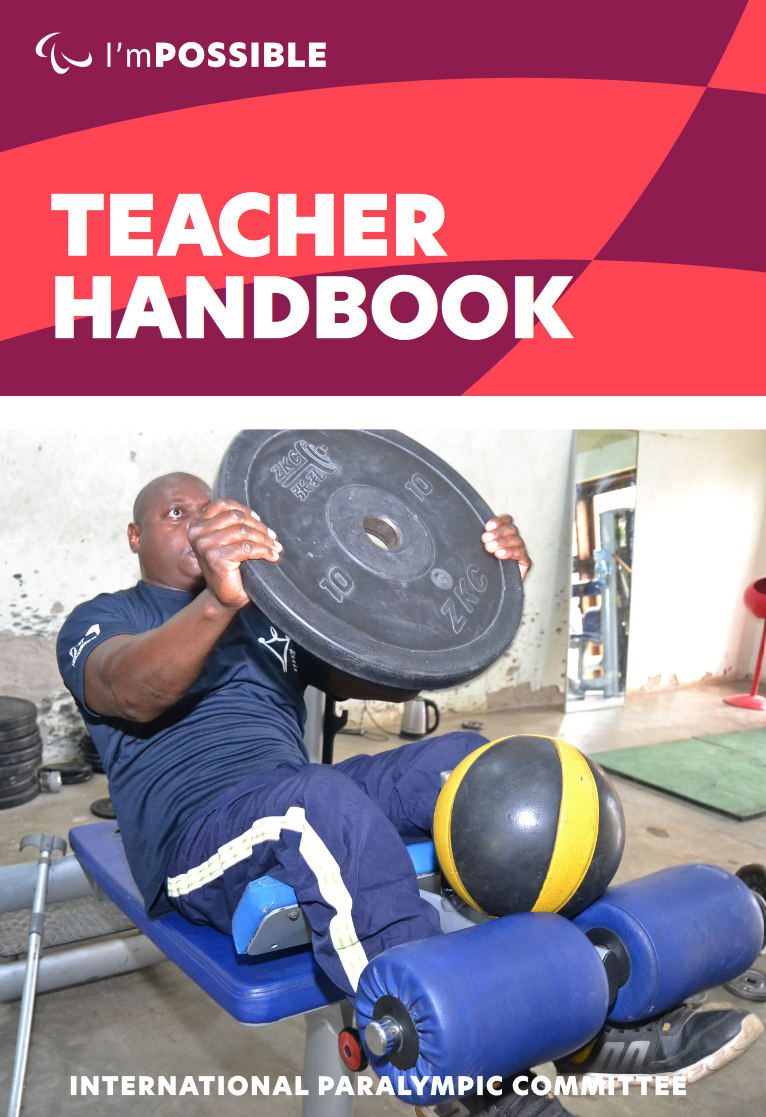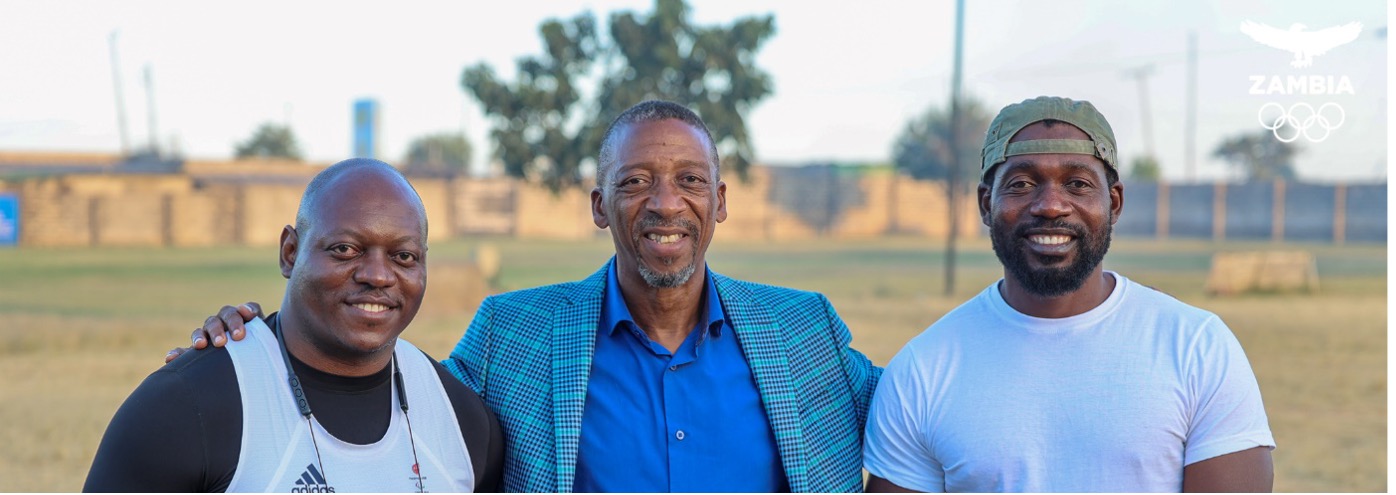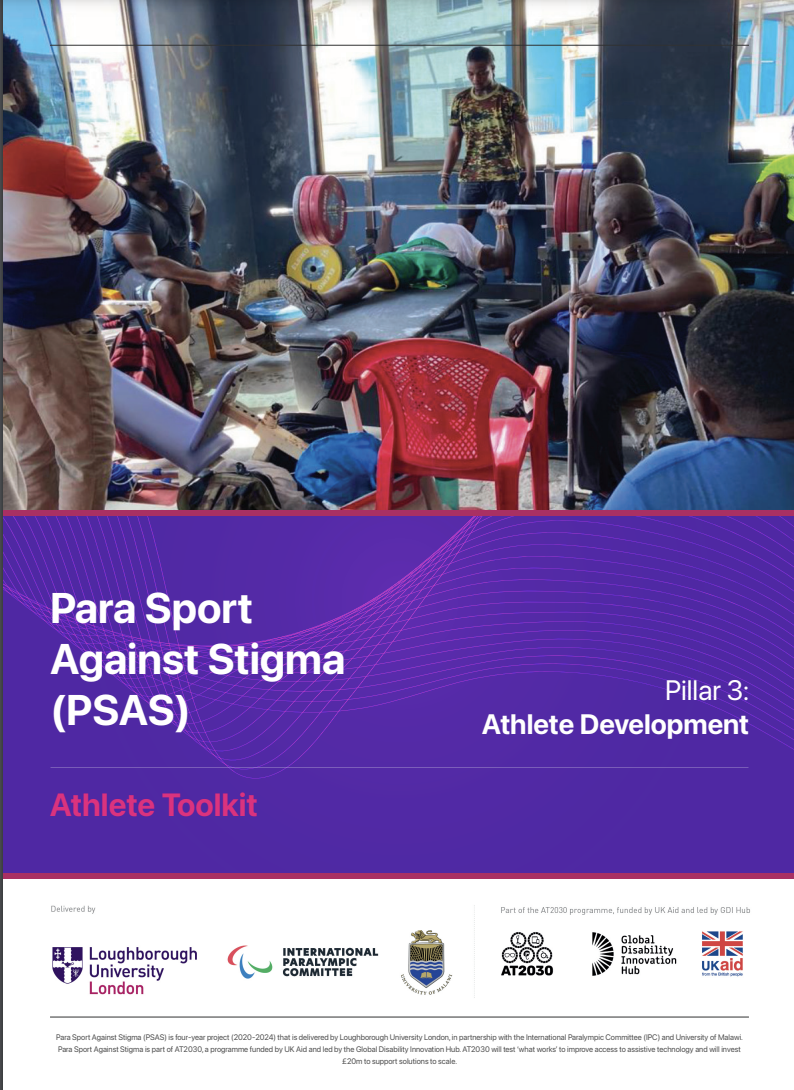Search Our Whole site:
Just Search: Zambia
Para Sport Against Stigma: Commonwealth Games athletes and coaches from Ghana and Zambia visit Loughborough University
Para Sport Against Stigma is a four-year project hat looks at how representation, education and communication in Para sport can challenge stigma associated with disability in Sub-Sarhan Africa. One part of PSAS focuses on Athlete Development and will see the International Paralympic Committee to deliver a programme to support National Paralympic Committees in Malawi, Ghana and Zambia to develop Para sport. As part of the Athlete Development focus, Para-Powerlifters who represented Ghana and Zambia at the Birmingham Commonwealth Games 2022, along with their coaches, took the opportunity to visit and work with researchers and practitioners from Loughborough University and the International Paralympic Association.

I’mPOSSIBLE toolkits: Zambia
I’mPOSSIBLE is an education programme to spread the Paralympic values and the vision of the Paralympic Movement to young people throughout the world. Through education of inclusion and the Paralympic values, I’mPOSSIBLE aims to challenge and change the perceptions of how young people perceive people with an impairment. This toolkit has been adapted to fit the local context of Zambia as part of AT2030's Para Sport Against Stigma project.

Paving the Way in Para Sport to Open Doors and Reduce Stigma
Richard Lubanza (34) is a Zambian Para Powerlifter and has been competing successfully for his country since 2014. Originally from Lusaka, Richard was born with Polio and whilst he can walk short distances, he uses a pair of outdated crutches held together with duct tape, and an equally damaged wheelchair to get around.

PSAS Athlete Toolkit
This toolkit is aimed at athletes with a disability who aspire to become world class and compete for their country at an international level. The toolkit is designed to provide useful information and step by step guides on important aspects of Para sport such as classification, competition, coaching and communication.